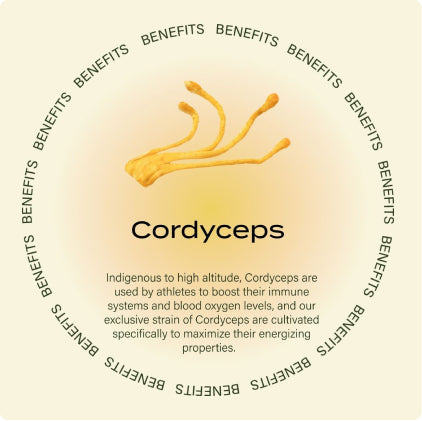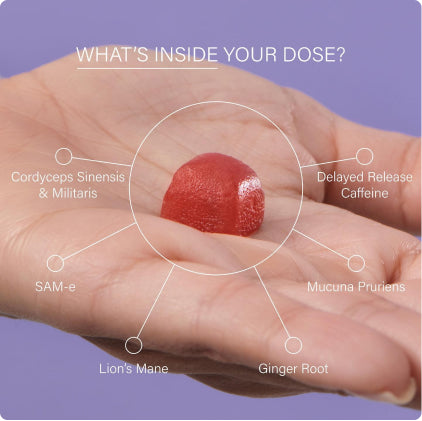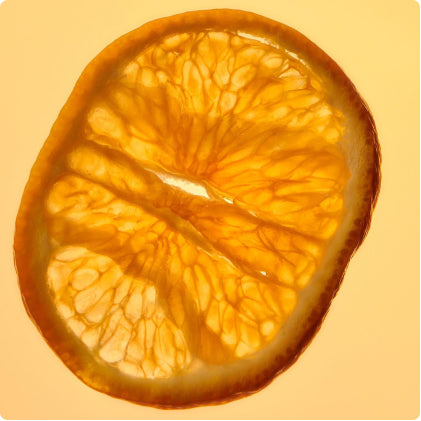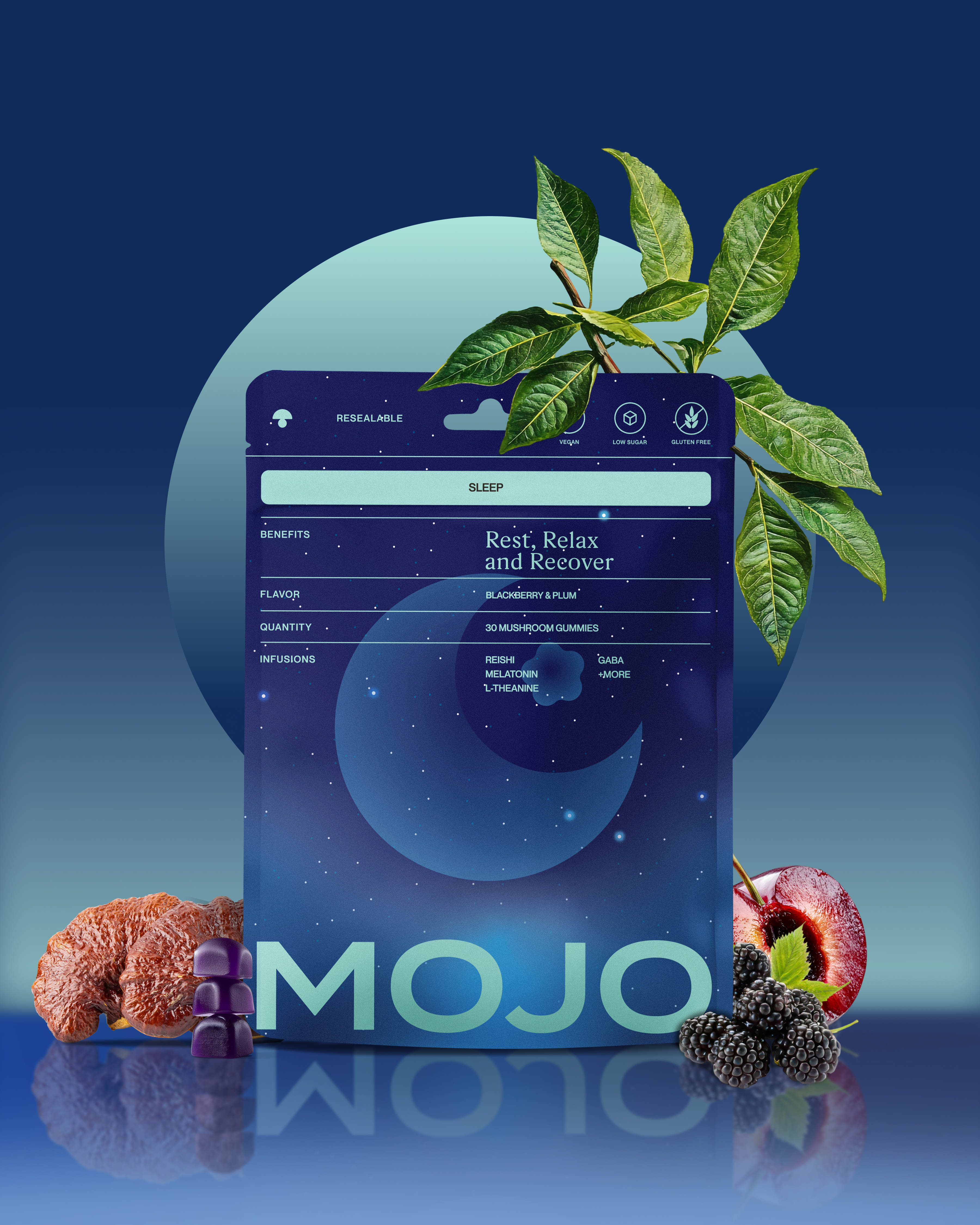Depression is a widespread mental health disorder that can significantly impact a person's quality of life. While traditional treatments for depression include therapy and medication, some people may want to explore alternative options, such as nootropics.
Nootropics are a class of supplements or drugs that are used to enhance cognitive function, memory, and creativity. They are also known as "smart drugs" or "brain boosters."
While there is limited clinical evidence to support the use of nootropics for depression, some studies have suggested that certain nootropics may have a positive effect on mood and may help reduce symptoms of depression.
In this article, we will discuss six nootropics that have been studied for their potential to alleviate symptoms of depression.
Omega-3 Fatty Acids
Omega-3 fatty acids are a type of polyunsaturated fat that is found in high concentrations in fish oil. These fatty acids have been suggested to have a wide range of health benefits, including reducing inflammation, improving heart health, and potentially improving mood.
Studies have suggested that omega-3 fatty acids may have a positive effect on mood and may help reduce symptoms of depression. For example, a 2018 study published in the Journal of Psychiatric Research found that supplementing with omega-3 fatty acids may help reduce symptoms of depression in people with major depressive disorder.
Bacopa Monnieri
Bacopa monnieri is an herb used in traditional Ayurvedic medicine to improve cognitive function, memory, and anxiety. It has been suggested to have an antidepressant effect by regulating levels of neurotransmitters in the brain, such as serotonin and dopamine.
A 2013 study published in the journal Evidence-Based Complementary and Alternative Medicine found that Bacopa monnieri may be effective in reducing symptoms of depression in people with mild to moderate depression.
Rhodiola Rosea
Rhodiola rosea is an adaptogenic herb that has been used for centuries in traditional medicine to reduce stress and improve mood. It has been suggested to help alleviate symptoms of depression and anxiety by regulating the body's stress response.
A 2015 study published in the Journal of Clinical Psychopharmacology found that Rhodiola rosea may be effective in reducing symptoms of mild to moderate depression in people with generalized anxiety disorder.
Ashwagandha
Ashwagandha is another adaptogenic herb that has been suggested to have an antidepressant effect by reducing stress and inflammation in the body. It has been used in traditional Ayurvedic medicine to improve mood and reduce anxiety.
A 2012 study published in the Indian Journal of Psychological Medicine found that supplementing with ashwagandha may help reduce symptoms of anxiety and depression in people with moderate to severe anxiety disorders.
Mucuna Pruriens
Mucuna pruriens, also known as velvet bean, is a tropical legume that has been used in traditional Ayurvedic medicine to treat a wide range of ailments, including depression. It is a natural source of L-dopa, a precursor to dopamine, which is a neurotransmitter that plays a key role in regulating mood.
A 2015 study published in the Journal of Ethnopharmacology found that supplementing with mucuna pruriens may help reduce symptoms of depression in people with Parkinson's disease.
SAM-e
SAM-e (S-adenosylmethionine) is a naturally occurring compound that is involved in several biochemical processes in the body, including the production of neurotransmitters. It has been suggested to have antidepressant properties by increasing levels of serotonin and dopamine in the brain.
A 2016 study published in the Journal of Clinical Psychopharmacology found that SAM-e may be effective in reducing symptoms of major depressive disorder in people who have not responded well to traditional antidepressant medications.
Cordyceps
Cordyceps is a type of mushroom that has been used in traditional Chinese medicine for centuries. It has been suggested to have a wide range of health benefits, including improving athletic performance, reducing inflammation, and boosting the immune system. While there is limited research on cordyceps and depression specifically, some studies have suggested that it may have a positive effect on mood and may help reduce symptoms of depression.
One study published in the Journal of Medicinal Food in 2010 found that supplementing with cordyceps may help reduce symptoms of depression and anxiety in mice. The study found that cordyceps supplementation led to a decrease in the levels of the stress hormone cortisol and an increase in the levels of the neurotransmitter dopamine in the mice, which may help explain its potential antidepressant effects.
Another study published in the Journal of Dietary Supplements in 2019 found that a combination of cordyceps and Rhodiola rosea may be effective in reducing symptoms of depression in women with premenstrual syndrome. The study found that supplementing with cordyceps and Rhodiola rosea led to a significant reduction in symptoms of depression and anxiety compared to a placebo.
Final Thoughts
While these nootropics have shown promise in reducing symptoms of depression, It's always important to consult with a healthcare professional if you're on medication or looking to start a new regimen.
Because these nootropics are naturally occurring substances, your body should have no trouble with them.
In addition to these nootropics, there are other lifestyle factors that can play a role in managing symptoms of depression. These may include regular exercise, getting enough sleep, practicing stress-reducing techniques like mindfulness meditation, and eating a healthy diet.
Are you looking for a supplements that combines are number of these nootropics? Check out Mojo.
Table of contents









